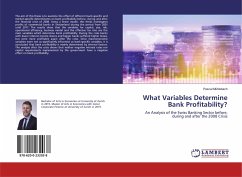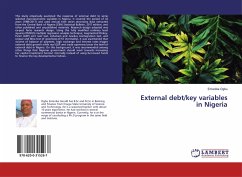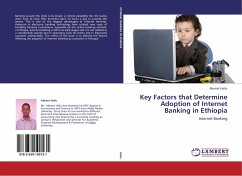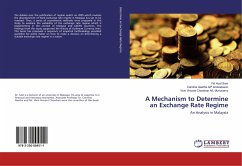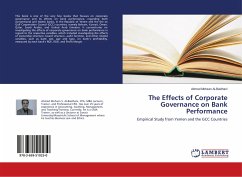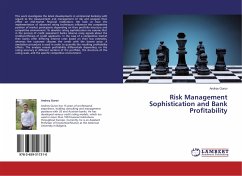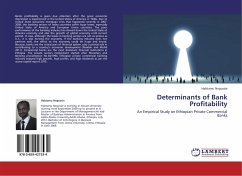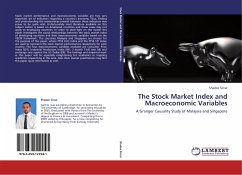The aim of this thesis is to examine the effect of different bank-specific and market-specific determinants on bank profitability before, during and after the financial crisis of 2008. Using a linear model, this thesis investigates profits of commercial banks in Switzerland during the period from 2001 until 2017. The results show that the variables for capital, size, risk, operational efficiency, business model and the effective tax rate are the main variables which determine bank profitability. During the crisis banks with lower interest income shares and bigger banks suffered higher losses, but were more profitable again after the crisis. Since macroeconomic variables were not as significantly influential as bank-specific variables, it is concluded that bank profitability is mainly determined by internal factors. The analysis after the crisis shows that neither negative interest rates nor capital requirements implemented by the government have a negative effect on bank profitability.

